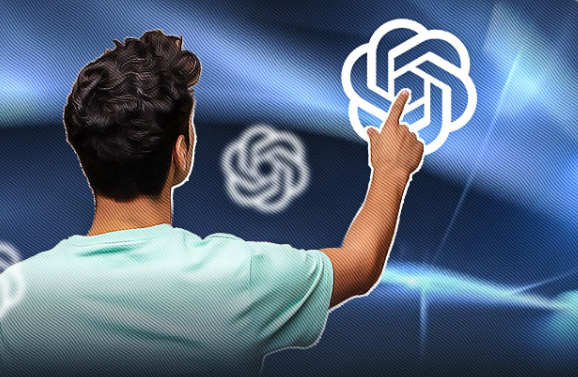Tech Mahindra CEO CP Gurnani accepted Altman’s challenge.
OpenAI CEO Sam Altman said Indian firms lacked the expertise to compete in the field.
While on a recent trip to India, Sam Altman, CEO of OpenAI, was questioned by Indian company leaders about how they can create ground-breaking models like ChatGPT on a tight budget. The response from Sam was “it’s pretty hopeless.”
As Sam seemed to entirely disregard the concept of Indian corporations competing with their American counterparts on AI, the video clip went viral on Indian social media.
Moreover, in response to claims made by OpenAI CEO Sam Altman that Indian firms lacked the expertise to compete in the field of artificial intelligence (AI), Tech Mahindra CEO CP Gurnani accepted Altman’s challenge. Sam Altman was responding to former Google India’s head Rajan Anandan’s question.
Altman stated:
“The way this works is we’re going to tell you, it’s totally hopeless to compete with us on training foundation models you shouldn’t try, and it’s your job to like try anyway. And I believe both of those things. I think it is pretty hopeless.”
Anandan tweeted later:
“Thank you, Sam Altman, for the clear answer. As you said, ‘it is hopeless, but you will try anyway.’ 5000 years of Indian entrepreneurship has shown us that we should never underestimate the Indian entrepreneur. We do intend to try.”
Tech Mahindra CEO CP Gurnani responded to Altman’s accusation that Indian firms lacked the AI skills of their American competitors by accepting the ‘challenge’ offered by Altman, CEO of OpenAI.
Gurnani’s readiness to take on the task at hand is a promising sign that Indian businesses may compete and perhaps thrive in the field of artificial intelligence. Sam responded to the CEO of Tech Mahindra on Twitter by saying the remark was completely misunderstood.
The release of OpenAI’s ChatGPT last autumn marked the beginning of a new era in artificial intelligence (AI). Users are thinking up interesting ways to utilize the ChatGPT model as prompts, so it’s not overvalued.

